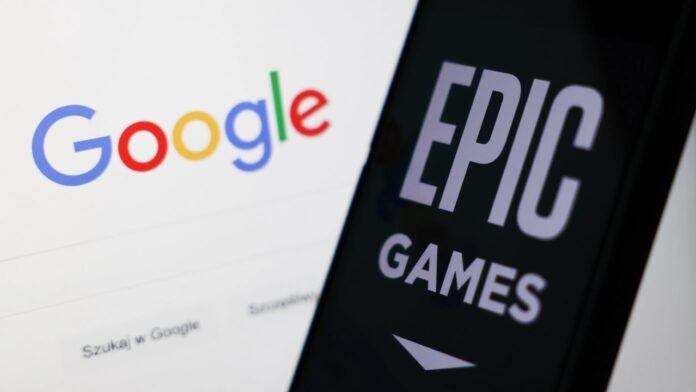
The U.S. Court of Appeals for the Ninth Circuit in San Francisco has upheld a previous ruling favoring Epic Games in its high-profile antitrust case against Google. The court found that Google had unlawfully maintained a monopoly over Android app distribution and payments, ultimately limiting fair competition on the Play Store and through Google Play Billing.
Back in December 2023, a jury determined that Google had abused its dominant market position by requiring developers to use its proprietary billing system, which charges a commission of 15–30%. Evidence also revealed that Google had paid potential rivals not to launch their own app stores—an allegation that severely damaged its standing during trial proceedings.
In October of last year, Judge James Donato ordered Google to:
- Allow third-party app stores to be installed directly via the Play Store
- Permit developers to use their own in-app payment systems
- Refrain from preventing developers from informing users about cheaper purchase options outside the app
Google filed an appeal in November 2024, strongly opposing the mandates. However, the appellate court has now rejected Google’s appeal entirely, leaving the tech giant with limited legal options—short of a risky and uncertain escalation to the U.S. Supreme Court.
Following the decision, Epic Games CEO Tim Sweeney took to X (formerly Twitter) to confirm that the Epic Games Store will officially be coming to the Google Play Store. He described it as a landmark moment for developer rights and digital competition.

Google responded with concern. Lee-Anne Mulholland, the company’s VP of Legal Affairs, warned that the ruling could “undermine user safety, limit choice, and weaken innovation—core principles of the Android ecosystem.” She emphasized that Google intends to continue appealing the decision.
Google’s legal defense has largely centered on the argument that the company faces strong competition from Apple, and that loosening restrictions could compromise Android security. However, the courts ultimately found these points unconvincing.
Epic’s victory could usher in a new chapter for software distribution on Android. The Epic Games Store—previously exclusive to PC—is now poised to enter Android’s largest official platform, giving users more choices and offering developers a chance to bypass high platform fees.
Beyond its own gain, Epic’s legal battle has broader implications. It signals growing judicial resistance to anti-competitive practices in the digital economy. As courts begin to take a tougher stance, the era of tightly controlled ecosystems like the Play Store and App Store may soon face dramatic change.

